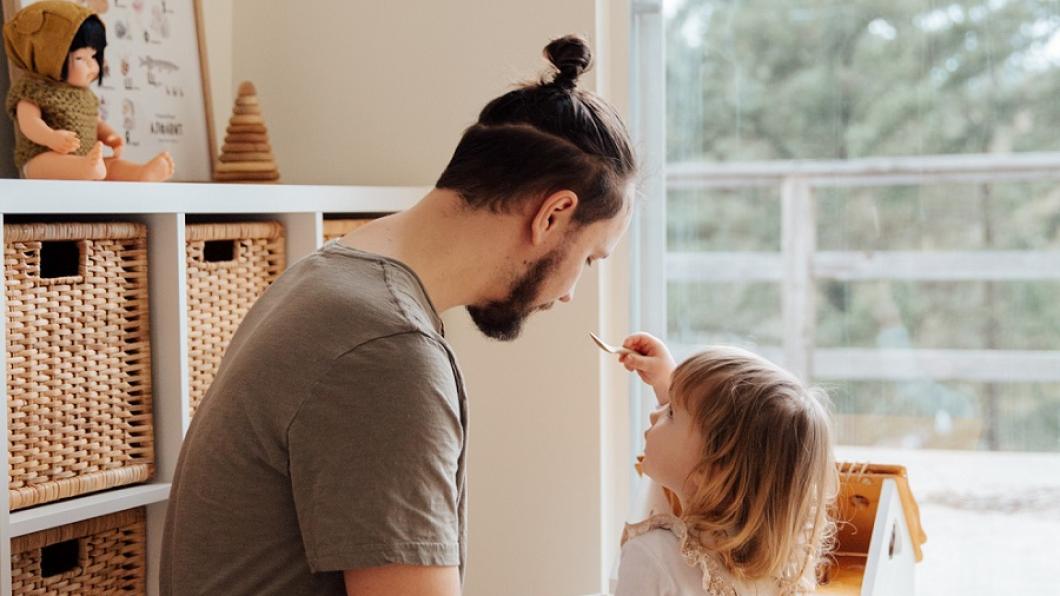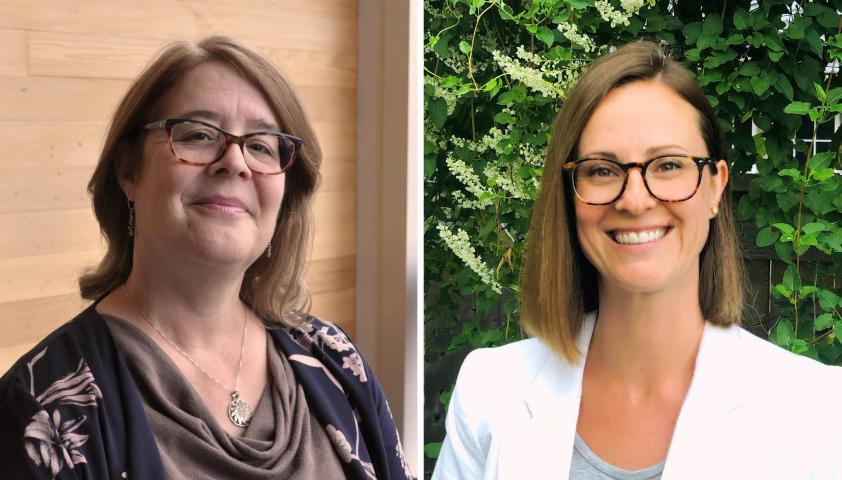
Parent-led Social ABCs program shown to be effective in teaching toddlers new words, sounds
Parents of toddlers with autism, or suspected of being on the spectrum, can now help strengthen their child’s language and social skills through a unique play-based program in a community setting, finds a new research study.
“It’s not always easy for families to get a diagnosis in the toddler years due to long waiting lists and also due to the nature of autism, which emerges over development,” says Dr. Jessica Brian, the principal investigator of the study and co-lead of Holland Bloorview Kids Rehabilitation Hospital’s Autism Research Centre (ARC). “When we developed the Social ABCs, it was designed for young toddlers with early signs of autism spectrum disorder (ASD) – we hoped that children could get access to this program even before getting a formal diagnosis. This was the case in all of our research studies including this large community trial; some children did have a confirmed diagnosis, but some did not. Based on how we understand brain development and learning, the goal is for children and families to get support as soon as early signs of ASD are detected.”
Dr. Brian’s research team partnered with McMaster Children’s Hospital’s Autism Program (MCH), which is part of Hamilton Health Sciences, to train their team to be certified coaches. Supported by one of ARC’s lead research coaches, Erin Dowds, the Hamilton-based team coached nearly 200 families using the Social ABCs program within their local community. Almost 90 per cent of the families completed the 12-week program, with 70 per cent returning for a three-month follow-up.
The coaches met with the participating parents more often during the first three weeks so that they could teach them the program’s strategies to build their toddler’s language and social communication. From there, the coaches slowly moved to a more of a supporting role, empowering parents to continue those building blocks of support.
The researchers found that the toddlers made gains in their language, communication and social skills, in part, due to the strategies that their parents learned through the Social ABCs program.

“We worked with an amazing, committed, keen group pf community providers who enthusiastically embraced and learned the program,” says Dr. Brian. “As with our earlier studies, families said they felt empowered by learning the intervention strategies in a positive, play-based, and natural way. This study proves that this program can be delivered effectively in the community, which means more kids and their families will have access to early interventions.”
Natalie Rugajs, one of MCH’s infant parent specialists who was trained as a parent coach in the Social ABCs program, worked with 47 of the 183 participating families over the three-year community project. “I was excited to see caregivers’ understanding of their relationship with their child grow as well as their confidence in being able to support their child’s social communication and development in a positive way. It’s wonderful to watch how these caregivers were empowered to be agents of change in their child’s life.”
After the completion of the community study, Rugajs has gone on to coach the Social ABCs program virtually with an additional 19 families. “Increasing accessibility to this important and meaningful caregiver-mediated early intervention has always been a hope of mine. I look forward to continuing to make these connections in the community and building awareness of the Social ABCs program so more families can benefit.”
In addition to training community providers at MCH, Dr. Brian’s research team is also training other community providers across Ontario, Alberta and PEI as well as globally in Israel and India.
In the future, Dr. Brian and her research team are developing a version of the program for toddlers aged one year and younger, which she noted is ideal because that’s when many families first identify differences in their infant’s development. They have also recently completed a pilot evaluation of the Social ABCs group-based program, and have just received funding from Canadian Institutes of Health Research to study the efficacy of a virtually delivered group-based Social ABCs program.
The study, Effectiveness of a parent-mediated intervention for toddlers with autism spectrum disorder: Evidence from a large community implementation, was published online in the journal, Autism. The research study was funded by Kids Brain Health Network, with the clinical service having been funded by the Ontario government’s Ministry of Children and Youth Services.
Related stories:
The Social ABCs Mimi’s Story (Kids Brain Health Network)
The Social ABCs: support for families while awaiting autism assessment (PEI government)
A play-based program helps parents connect with toddlers with early signs of autism
Social ABCs program launches in PEI to connect children waiting for assessment